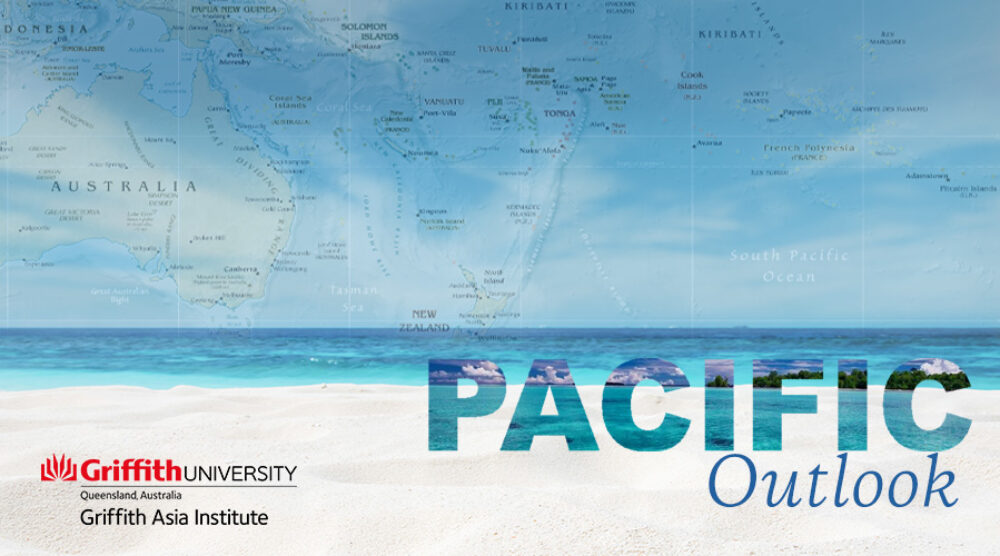Kiribati elections
The two rounds of elections to decide the new Parliament have concluded. The Presidential elections will take place in June.
A total of 14 new people have been elected to the Parliament, which comprises 44 MPs. Four women have been elected. This makes Kiribati one of the best performing countries in the region when it comes to female representation in national decision-making.
The outgoing president Taneti Maamu and most of the caretaker ministers were also returned. However, the previous governing group looks to have had its majority reduced and it is not clear at this stage what the next government will look like.
Some commentators have suggested that the results indicate dissatisfaction with Kiribati having switched diplomatic allegiance from Taiwan to China last year. However, domestic concerns were more likely to have been of most significance in the minds of voters.
US announces team for Compact negotiations
Despite the disruptions caused by the COVID-19 pandemic, the USA is looking to press ahead with negotiations to extend Compact arrangements. The Compact grant funding agreements that are in place with Marshall Islands and the Federated States of Micronesia come to an end in 2023.
The US team will be led by Karen Stewart and Doug Domenech. Ms Stewart is the former ambassador to Marshall Islands and Mr Domenech is the Assistant Secretary of the Interior. Mr Domenech is reported as having said that he would like to see the negotiations finalised before the end of this year.
FSM has finalised its team. It will be led by Leo Falcam Jr, a former colonel in the US Marine Corps. He is the son of a former president of the FSM.
In Marshall Islands, the negotiating team has yet to be finalised.
Jakarta Six are sentenced to jail in Indonesia
In Indonesia the ‘Jakarta Six’ have been sentenced to jail. The six activists have been convicted of treason and sentenced to periods of either eight or nine months imprisonment. They were arrested and charged after participating in a peaceful protest in Jakarta during August of last year. The protest was in support of self-determination for West Papua.
Among the convicted is Paulus Suryanta, who is the first non-Papuan to be charged in connection with West Papuan activism.
A prominent human rights group in Indonesia, TAPOL, has denounced the convictions and the sentences. It has called for the immediate release of the prisoners, citing concerns that to keep them in prison puts them at added risk of contracting Covid-19. The UN High Commissioner for Human Rights, Michelle Bachelet, has said that political prisoners should be among the first to be released from prisons in the face of coronavirus.
PNG government refuses renewal of the Barrick mining licence
In Papua New Guinea, the government has declined to renew Barrick (Niugini) Gold’s licence to mine at Porgera, in Enga province.
This is the latest in a series of tense interactions between the state and the resources industry in the country. Given the reliance of the PNG economy on mining, delays and disputes of this type are of concern to some. However, there has also been a degree of support for the government’s actions. By some they are seen as part of Prime Minister Marape’s promise to “take back PNG”.
The Marape government asserts that the non-renewal of the special mining licence stems from a desire to secure a better deal for the landowners and the government. Barrick (Niugini) Gold has responded by closing up all operations and abandoning the site. A deployment of 100 PNG Defence Force personnel has been sent to Porgera to provide security.
Repatriation concerns are rising in the region
There are rising concerns among Pacific island citizens who are unable to return to their home countries. With borders closed, and flights cancelled, many Pacific islanders are unable to return to their families. They are calling on their governments to do more to assist them. Not only are they dealing with anxiety caused by being separated from their families, but they are also incurring significant costs in many cases.
The government of Vanuatu has answered criticisms for failure to repatriate citizens, including seasonal workers who want to return from Australia and New Zealand. The government asserts that more is needed in terms of the ability to test returning citizens before they board flights before repatriations can take place.
The Pacific Humanitarian Pathway-COVID-19 commits governments of Pacific Islands Forum members to afford services to residents of other member countries as they would to their own citizens.
Tess Newton Cain is an Adjunct Associate Professor at the Griffith Asia Institute.








